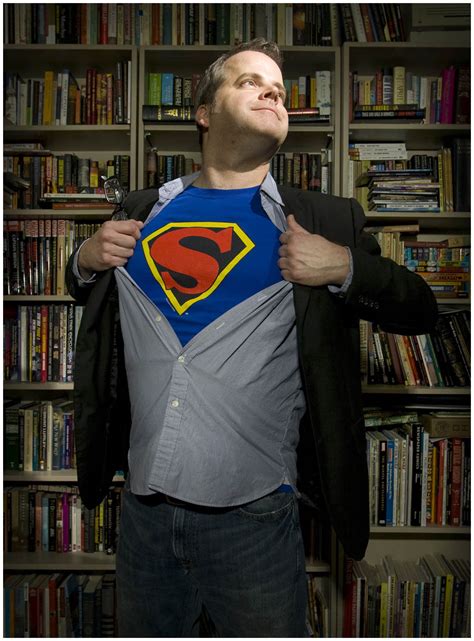A Quote by Pete Hamill
Sinatra slowly found a way to allow tenderness into the performance while remaining manly. He perfected the role of the Tender Tough Guy and passed it on to several generations of Americans. Before him, that archetype did not exist in American popular culture.
Related Quotes
People take pride in being Irish-American and Italian-American. They have a particular culture that infuses the whole culture and makes it richer and more interesting. I think if we can expand that attitude to embrace African-Americans and Latino-Americans and Asian-Americans, then we will be in a position where all our kids can feel comfortable with the worlds they are coming out of, knowing they are part of something larger.
Let us pause before the Child of Bethlehem. Let us allow our hearts to be touched, let us allow ourselves to be warmed by the tenderness of God; we need his caress. God is full of love: to him be praise and glory forever! God is peace: let us ask him to help us to be peacemakers each day, in our life, in our families, in our cities and nations, in the whole world. Let us allow ourselves to be moved by God's goodness.
Back in the Sinatra era, you called women "broads," and the broads didn't mind. If Sinatra called you a broad, you were flattered. When Sinatra walked in, and you know what you did? You ran up and you tried to kiss him. Who hasn't seen women throwing their underwear at the Beatles and this kind of thing?
Progressive music probably wouldn't even really exist if not for the people of the United States having picked up on it and nurtured it in the way they did. It really is an American form of music in the sense that it was nurtured here. So it belongs here. It has become part of the fabric of American musical culture.







































